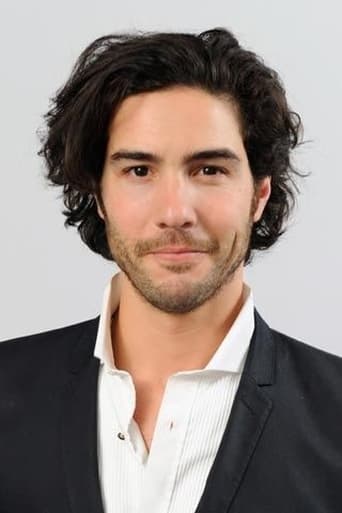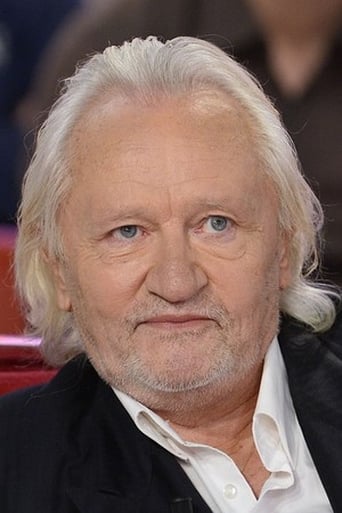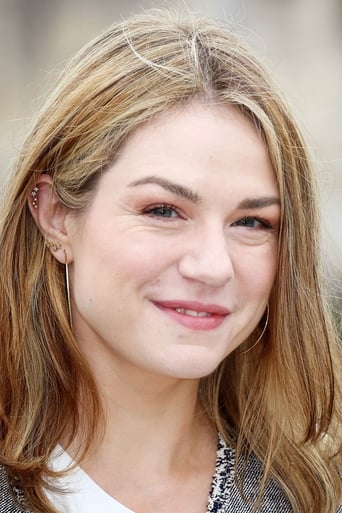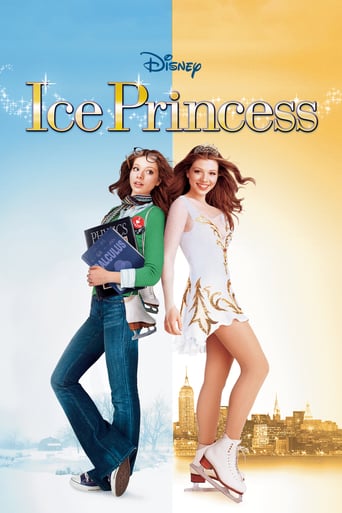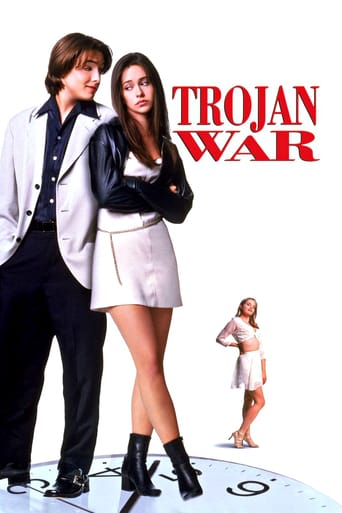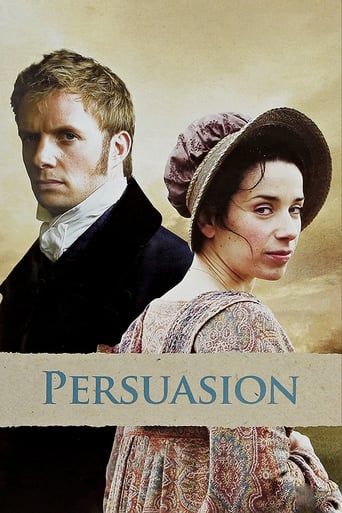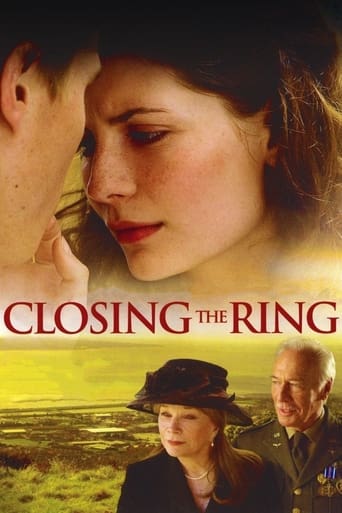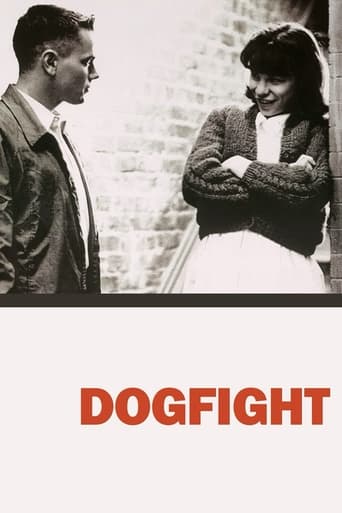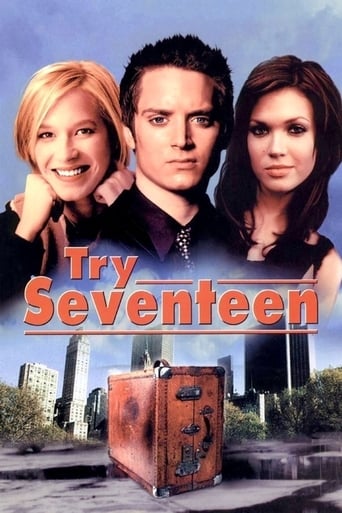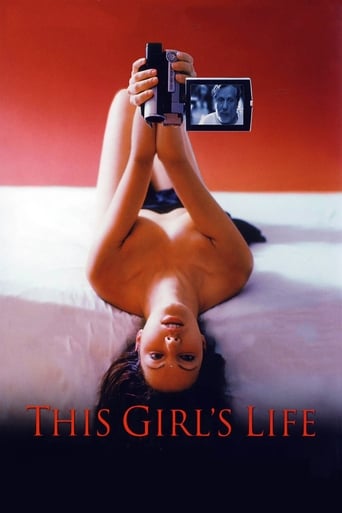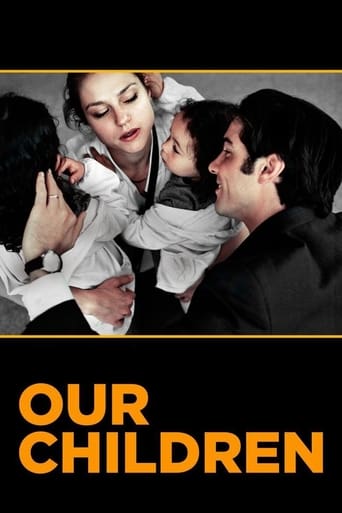
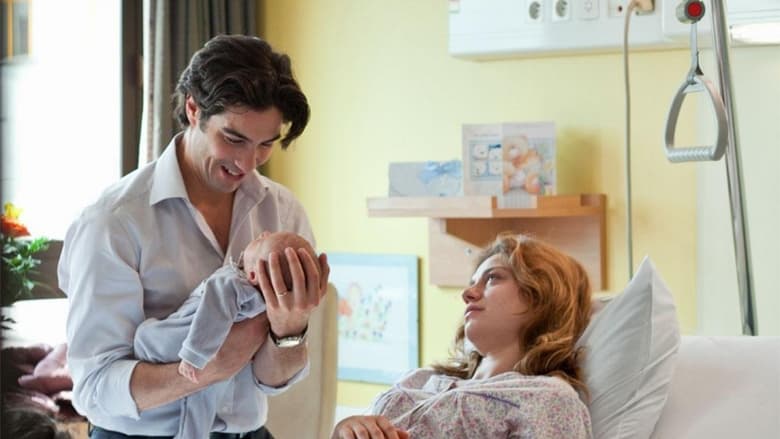
Our Children (2013)
Young and full of life, Murielle has a promising future ahead of her when she meets and falls head over heels for Mounir. A wedding soon follows, and the happy couple quickly set about preparing to make a family. However, with family come ties, and none come as tight as that between Mounir and his adoptive father. As Murielle continues to bring new life into the family, frictions between Mounir and Doctor Pinget reach boiling point. Helpless to extract her husband and children from the wealthy nest that Doctor Pinget has provided for them, Murielle is drawn into an unhealthy family dynamic. There is only one way out of this nightmare, and for Murielle all sense of reasoning begins to abandon her.
Watch Trailer
Cast
Similar titles
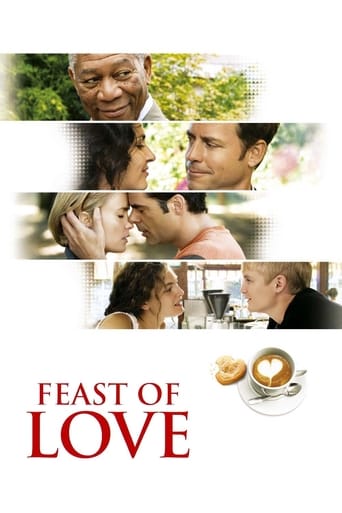

Reviews
Load of rubbish!!
I cannot think of one single thing that I would change about this film. The acting is incomparable, the directing deft, and the writing poignantly brilliant.
Great story, amazing characters, superb action, enthralling cinematography. Yes, this is something I am glad I spent money on.
By the time the dramatic fireworks start popping off, each one feels earned.
The film is directly inspired by the case of Geneviève Lhermitte, a Belgian woman who, in 2008, brutally murdered her five children.What in the world drove this hitherto model mother to such a barbarous act... is the anguished question asked by writer-director Joachim Lafosse (also Belgian) in this intense if somewhat restrained drama. A question all the harder to answer when the deplorable "heroine" of this family tragedy was at a loss, as she put it, "to understand what has happened, for I still haven't understood. I acted the opposite way to what I thought."Lafosse cannot provide THE answer, it goes without saying. How could he since the real-life murderess in person proved unable to understand herself? But he tries hard to come as close to the truth as possible. In any case, he refuses to condemn her. Instead, he describes thoroughly all the stages of the way of the cross she undergoes before committing her irreversible act.Co-written with Matthieu Raynaert and Jacques Audiard's favorite screenwriter Thomas Bidegain, "A perdre la raison" indeed follows the various developments of the affair very realistically even if the names and a few details have been changed (after all this is a fiction work, not a documentary) : Geneviève has become Murielle and her husband is named Mounir instead of Bouchaib. Plus, the couple in the fiction has four children whereas they had five in the real situation. As for their evil genius, he is not Dr. Michel Schaar any longer, but Dr. André Pinget. Basically however, all the seeds of the tragedy sown in real life are present in the fiction and in it too the wild wind cannot but be reaped: once established the toxic relationships between Murielle (who craves the intimacy of a love nest), Mounir (whose gratefulness to his foster father lets him invade it) and André (who gives the couple everything but controls their lives from A to Z), the infernal machine is activated and – a constant in classic tragedy – nothing can stop it. Such an approach will naturally be effective only if it rests on strong acting performances, which is fortunately the case here. Emilie Dequenne ("Rosetta", "La fille du RER") is deeply moving as Murielle, this Mother Courage - Mater Dolorosa turned Medea, while Tahar Rahim ("Un prophète", "Grand Central") translates to perfection Mounir's affectionate but weak temperament. As for Niels Arestrup ("Un prophète", "Diplomatie"), the formidable actor proves more menacing and terrifying than ever in the role of the couple's Nemesis hiding beneath a friendly exterior.Quite a gripping work, "A perdre la raison" is a film experience you will find hard to forget. Both a cold analysis of a tragic news event and the sympathetic portrait of a desperate woman, it is one of the most impressive movies shown in 2012.
Belgian Director Joachim Lafosse takes on a very uncomfortable subject. We are practically told the subject of the film from the beginning when we see 4 small coffins coming out of a plane. We then go back to happier times when the central couple first get together. Obviously this is going to lead up to the tragic finale when the 4 children are murdered, so there is always an impending sense of doom and unease when watching the film. The cinematography adds to this very well as the frames always have something out of focus in the foreground, almost a voyeuristic perspective like they are being watched all the time. Also the frame always seems cluttered and the shots always close up giving a claustrophobic feel.The couple in question (most notably the wife) undergoing this scrutiny and claustrophobia are Mounir (Tahar Rahim) and Murielle (Emilie Dequenne). Mounir is a Morroccan immigrant who legally lives in Belgium because of his adoptive father Dr Andre Pinget (Niels Arestrup). He lets Mounir live in his house and has also given him a job at his practise. As a man of considerable wealth, Dr Andre Pinget helps the couple when they get married and has them both living with him, and tags along on their honeymoon. He has also married one of Mounirs sisters, purely as an arrangement so she can live in Belgium. Basically I see Dr Pinget as a man who wants to free people from the 'oppressive' Muslim culture of Morrocco so they can live 'free' lives in Belgium. With the whole arrangement of Mounir and Murielle living under his roof with 4 children, and with Dr Pinget's influence over Mounir, this proves very stifling for Murrielle. Murielle is expected to look after the children at all times and is blamed entirely if anything goes wrong. While Dr Pinget proves useful for any medical and financial assistance, he lacks emotional sensitivity and compassion. He makes Murielle feel guilty every time she protests about the situation and feels she can't talk to her husband as he always agrees with Dr Pinget. With seemingly no way out, Murielle gradually sinks into a downward spiral towards a pit of depression. The face of happiness you often see at the start of the film descends into a face of despair and desperation. This obviously leads to the tragic event which is done with subtlety, but still shocking.This is based on a true story which took place in Belgium. I feel the Director re created these events not to gain the understanding of an audience, but to have the audience ask questions and come to their own understanding of such an horrific event. I feel one point which is raised and not often discussed in reviews I have read is about how in some ways Western culture can be just as oppressive as Muslim culture. I feel this is significant, at a time where many of the worlds problems tend to be blamed on Muslim culture, which I feel is a very misguided view. Part of the blame of Murielles downfall is because of a masculine household, lack of compassion from the male characters and inability to express true feelings. I found the only compassionate character was Mounir's mother, a devout Muslim. She is the only person who shows sympathy towards Murielle, especially in a tender scene where they embrace at the airport. The desperation in Murielle's face and her inability to let go shows her desperation for feminine connectivity.The more you think about it, more questions arise. Did Murielle really have a hard time? She has everything she needs. Does she have a history of mental illness? The film does not hint at this and is left open. Is Dr Pinget a bad person or is he doing what he feels is right? Should we feel sympathy for Murielle? These are only some of the questions I had. I felt there where too many questions and some story threads were left unfinished. One of the biggest flaws of the movie was the fact that Mounir was not featured in the final 30 minutes of the movie. I felt his character needed some closure and at least a scene with Dr Pinget. As far as performances are concerned, it was expertly acted. I feel Emilie Dequenne is one of the best performances I have seen this year so far this.A memorable film for obvious reasons, but not a film I would want to experience again! Check out my film review blog - www.projectionistreview.wordpress.com
A Perdre La Raison starts badly because within the first moments, Joachim Lafosse chose to reveal the final outcome: 4 little coffins, what's more white, one quickly can connect the dots which completely annihilates the element of surprise and ruins part of the interest of the movie, which anyway remains minimal.Indeed, we're dealing with a superficial script, that raises a lot of questions but only offers a few answers which is very frustrating. One has trouble grasping the stakes and understanding the motivations because under the guise of suggesting, the movie never gets deeper on anything. The plot is very, very limited the dramatic resources are almost nonexistent and the lack of dialogues is as heavy as the atmosphere prevailing within this distinctive family, to say the least.The character of André, quite intriguing and very well embodied by the ageless Niels Arestrup, is the only thing to remember.
A KVIFF screening, from French director Joachim Lafosse, before now the film has won a BEST ACTRESS award (for Émilie Dequenne) in UN CERTAIN REGARD competition in this year's Cannes. It is an unsettling drama concerns a tragedy which would be quite a mind-shocker. The film begins with the wife lying in the hospital bed (clearly after some severe accident) and mumbling that her children should be buried in Morocco, so during the subsequent truth-revealing narrative, viewers are practically preparing ourselves to undertake a tremendous calamity (my speculation is a car accident), but the film will deliver a much stronger and crueler blow, the actual long-takes of the massacre are done in an eerily tranquil restraint (considerably withdrawn from the actual execution). The foci are on the bizarre triangular relationship among three people, Mounir, a young Moroccan man and his French wife Murielle, live with elderly André a rich French doctor who had a paper marriage arrangement with Mounir's mother, so he could bring Mounir with him, and provide a job for him to work in his private clinic. So technically Mounir-André's quasi father- son bond has a deeper root (than Murielle, the clear intruder could imagine) although they are no blood linkage. Later, when their children consequently arriving in this world, step-by-step Murielle finds herself suffocated by the temporal life (possibly postpartum depression), and eagerly sways Mounir to go back to Morocco with their family, to start their life anew. But thing is slipping to an abyss when André cannot risk losing them and Mounir relies too much on him (both economically and psychologically) as well. Until the confrontation between Murielle and André finally occurs, the tragedy is inescapable.A heavy string score is predestined to the solemn tenor, the film is a trifle long-haul (a 111 minute running time) and the transitions of the characters' mental activities are either too abrupt or too hackneyed, but Émilie Dequenne for sure has been splendidly extraordinary in her devastating role, her self-destroy interpretation is powerful enough to propel the story against its ill-fated destiny. The A PROPHET (2009, a 9/10) pair, Tahar Rahim and Niels Arestrup are sharing their leading status as the other two angles of the triangle hazard, and overtly the latter has a meatier presence. There is a chafed undertone against the main plot, which I dare not to sidestep, the legality of paper marriage may not be the crux behind the tragedy, but nevertheless plays an influential part of the contemporary immigrant quandary.
